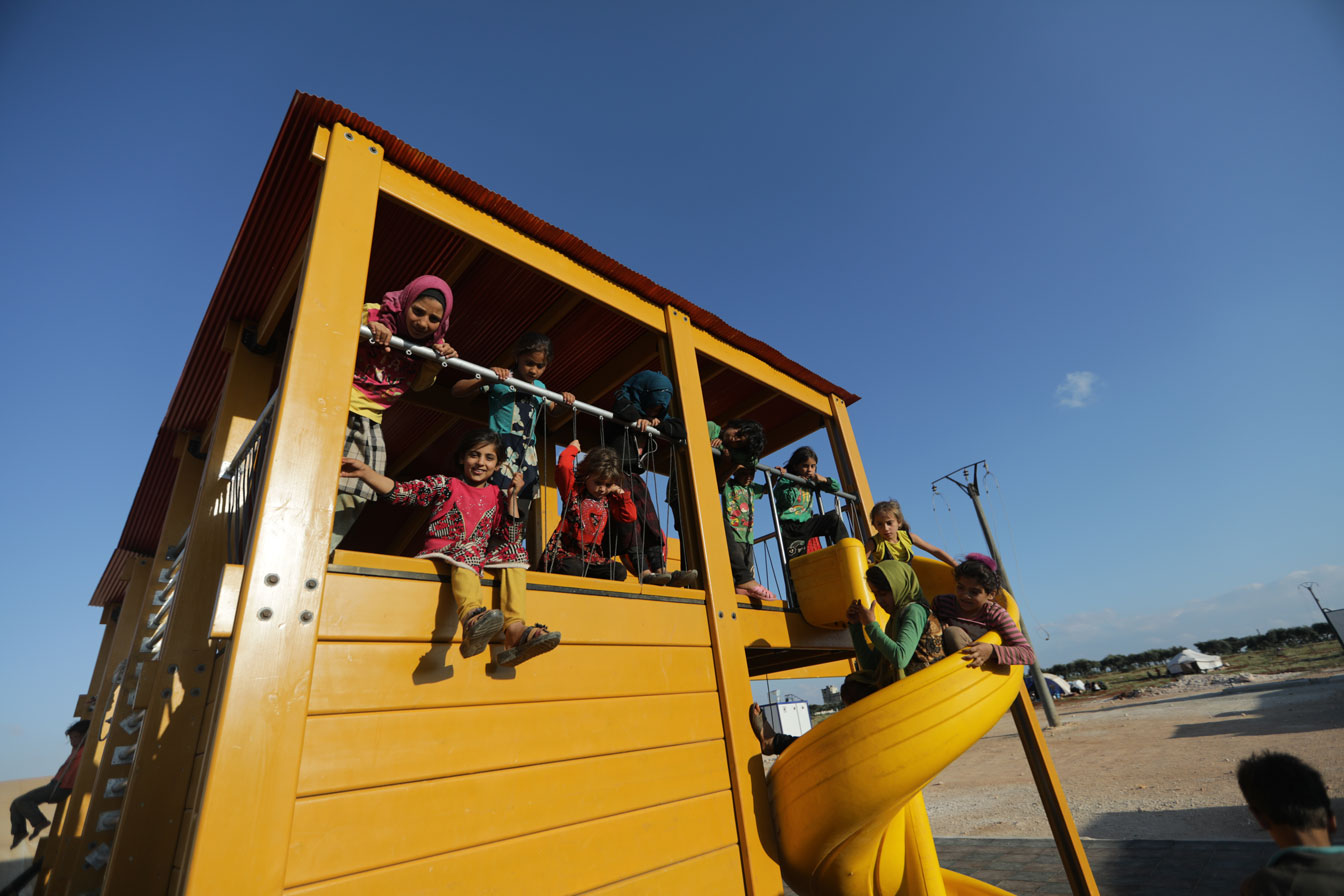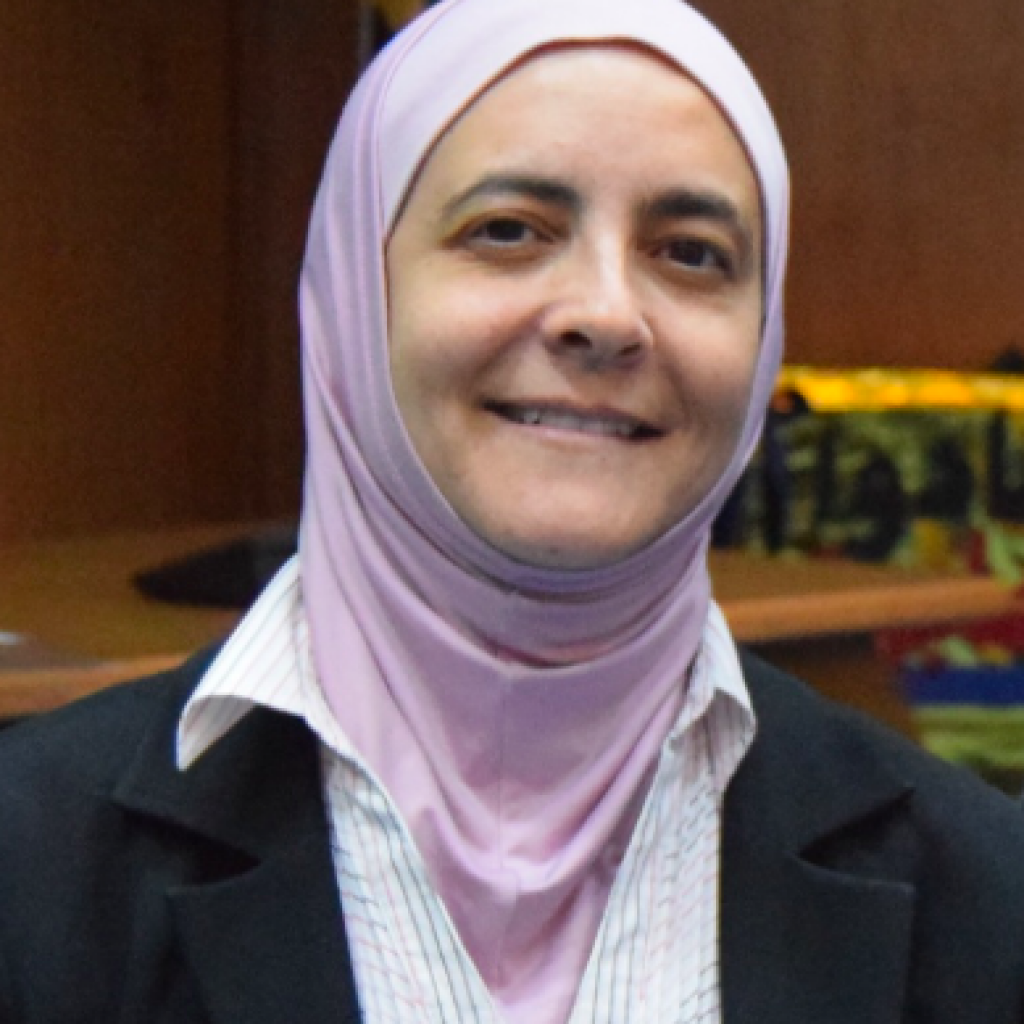Jordanian scientist finds winning formula to get kids reading

Dr. Rana Dajani had recently returned to her home country of Jordan in 2006 after five years abroad, when she was struck by an observation that sparked her irrepressible curiosity: why did so few Jordanian children read for pleasure?
While most would have briefly pondered the question before carrying on with their lives, Dajani’s inquiring mind was unable to let it go. As an accomplished molecular biologist who has studied and worked at some of the world’s leading academic institutions, including Harvard and Yale, she began to research the issue more closely.
“I started asking questions, making observations, digging through the literature,” said Dajani, who is currently in the United States of America where she was teaching when Jordan’s airports closed in March due to COVID-19, leaving her unable to return home.
Speaking quickly, as if her words sometimes struggled to keep up with her train of thought, Dajani added: “I realized that the way for a child to fall in love with reading is by having a role model, a parent who’s reading aloud to the child.”
Armed with this insight, she said it was the values of her Muslim upbringing that forced her to act on what she had learnt – not just for the benefit of her own children, but as many children as she could reach.
“I felt this huge responsibility, that I had to do something for the children around me. And I felt if I didn’t, then this would be on me because I had the solution. I couldn’t sleep. I had to do something.”
That was how the We Love Reading project was born, which today is active in 56 countries worldwide, has trained over 7,000 – mostly women – volunteer readers, and has brought the joy of reading to nearly half a million children, including tens of thousands of young refugees in Jordan and beyond.
For her work in promoting reading and education among refugees, host communities and others, Dajani has been chosen as the regional winner for the Middle East and North Africa for UNHCR’s Nansen Refugee Award, a prestigious annual prize that honours those who have gone to extraordinary lengths to help forcibly displaced and stateless people.

The as-yet-undisclosed global laureate of the award will be announced on 1 October. The prize itself will be presented by UNHCR, the UN Refugee Agency, in a virtual ceremony on 5 October.
Back in 2006, We Love Reading began with a single weekly session at which Dajani read aloud to the neighbourhood children at her local mosque. But all the while, she was thinking of ways to expand the initiative to every neighbourhood in the country.
“After three years of tinkering … I had reduced the programme to the most simple formula where it was still effective and still impactful,” Dajani said. “We Love Reading became a training programme, where we would train adults and youth from age 16 to 100 years old.”
“We train them how to read aloud as an art, because most of them have never been read aloud to, so they don’t know how to do it to make it fun,” she continued. “And we train them also on how to start a reading aloud session in their neighborhood.”
Those that receive the training are known as reading ambassadors, who are then encouraged to establish reading sessions in their own neighbourhoods on a purely voluntary basis and promote the scheme by word of mouth.
In this way, Dajani says, the programme has become a grassroots movement in which participants feel a sense of ownership and empowerment, with more than 4,400 sessions currently being held worldwide.
Tags
Related Posts
Greece’s Forgotten Child Refugees
Ehsaan, a 16-year-old Pakistani, arrived in Athens in February with no place to stay. “I used to spend all night sitting on the bus while it drove around the city,” said Ehsaan, whose name has been changed to protect his identity, recalling his initial weeks in Greece. “When I called my family, I told them everything was fine, but in truth, I was too afraid to fall asleep at night.”
…
Refugees worldwide
The first shell landed close to him. Layth closed his eyes so he would not see the death scenes around him. …
November 25, 2019


